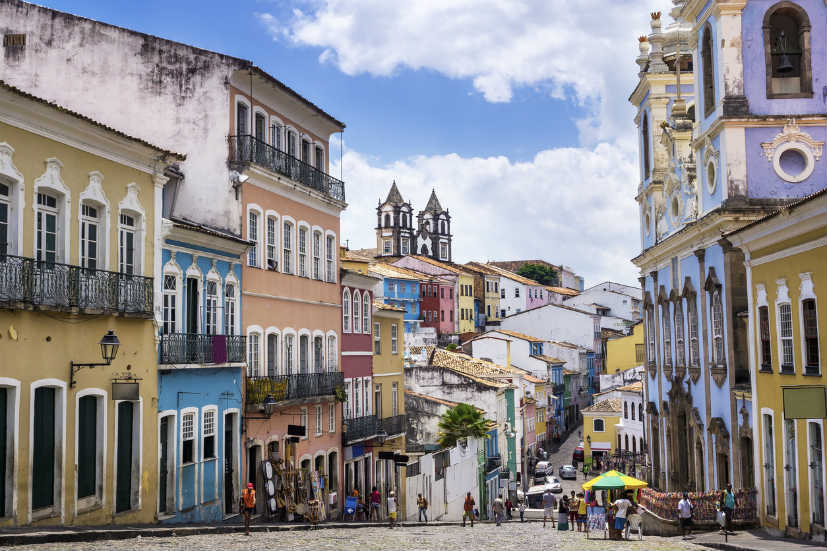Brazil’s lower house has passed a landmark bill to reform Brazil’s pension schemes, delivering a resounding victory for Brazilian President Jair Bolsonaro and his government who has been fighting to revive public finances.
The bill received 379 votes in its favour while 131 votes were against it. The bill only needed 308 votes in total to be passed in the lower house of Congress.
According to Brazil’s President Jair Bolsonaro, the pension reform bill is crucial to boost the country’s economy, which is the largest among the Latin American countries. The bill has been his party’s prime agenda as it will help save around $263 billion of public money over the next decade.
Brazil’s pension expenditures are already high when compared to other countries. The country’s expenditures on social security are equivalent to 13 percent of its gross domestic product, which is also higher than the average of 8 percent for other G20 nations.
The pension fund for private sectors workers in Brazil is expected to run a deficit of $57.4 billion this year, an increase when compared to last year. The fund for Brazilians in the public sector is also expected to run a deficit. Brazil spends the equivalent of 8.6 percent of its GDP on pension.
The number of Brazilians over the age of 65 is expected to be more than 25.5 percent of its population by 2060, while currently, it’s just 9.5 percent.
With the bill, the government wants to establish a minimum retirement age for Brazilian citizens 65 years for men and 62 years for women. The contribution time taken into account would be 20 years for men and 15 years for women.
According to current rules, retirement is calculated by taking the person’s age and contribution into account, which allowed many to gain pension benefits at a very early age. The government is also most likely to impose a tax on banks, to generate further revenue.

